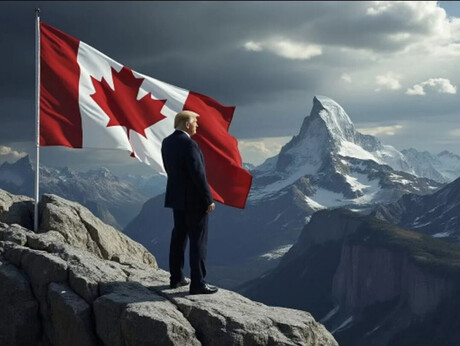
MANILA — Another round of fuel price hikes is set to hit consumers, adding to the financial burden of ordinary citizens. Starting August 5, gasoline prices will increase by up to P1.90 per liter, diesel by P1.20, and kerosene by P1.00.
Several oil companies announced on Monday, the 4th, that the new prices would take effect at 6 a.m. the following day. Seaoil and Petron will implement an increase of P1.90 for gasoline, P1.20 for diesel, and P1.00 for kerosene. Caltex, however, will raise its prices by P1.30 for gasoline, P0.90 for diesel, and P0.75 for kerosene. Jetti also joined the price hike, announcing an increase of P1.90 for gasoline and P1.20 for diesel.
Oil companies explained that the price adjustments reflect changes in refined product prices, freight costs, and market premiums in the international market. The recent weaker-than-expected U.S. jobs report has led to predictions of softening demand, while the possibility of increased production from the Organization of the Petroleum Exporting Countries (OPEC) and its allies is also believed to have influenced international oil price fluctuations.
This latest price increase is a continuation of the upward trend that began last month. Given that fuel price changes directly impact the economy of ordinary citizens, this news is a cause for concern. The burden is expected to be particularly heavy for those in fuel-sensitive professions, such as jeepney drivers and truck drivers, who rely on their vehicles for their livelihood. Rising fuel costs could create pressure to increase transportation fares, leading to a vicious cycle of overall inflation.
The Philippine Department of Energy (DOE) and oil companies agreed last week to temporarily suspend price hikes in some calamity areas, but this is only a temporary measure. The consensus in the industry is that as long as international oil prices continue to rise, domestic fuel price increases are inevitable.
The instability of the international oil market cannot be explained by just one or two factors. Recent international oil prices have been influenced by a complex mix of factors, including U.S. interest rate policies, China’s economic slowdown, and geopolitical risks in the Middle East. A major variable shaking up prices is the U.S. Federal Reserve's (Fed) high-interest-rate stance to curb inflation, which has fueled concerns of an economic recession and could lead to a decrease in energy demand.
Furthermore, the prolonged Russia-Ukraine war and the conflict between Israel and Hamas have added uncertainty to the crude oil supply chain, making oil prices even more difficult to predict. While OPEC+ has attempted to adjust production to stabilize the market, conflicting interests among member countries make an effective response challenging.
The government must explore various policy responses to ease the burden on citizens, such as reducing fuel taxes and providing subsidies. However, considering the fiscal strain, these policies are unlikely to be sustainable long-term solutions. Structurally, more urgent measures are needed, such as promoting energy efficiency and transitioning to renewable energy.
Individual consumers are called upon to make efforts to reduce energy consumption in their daily lives, such as choosing more fuel-efficient vehicles and increasing their use of public transportation. Companies must also actively seek ways to streamline logistics and reduce transportation costs. Amidst the global challenge of fuel price instability, a wise response is required from the government, businesses, and the public alike.
[Copyright (c) Global Economic Times. All Rights Reserved.]






























